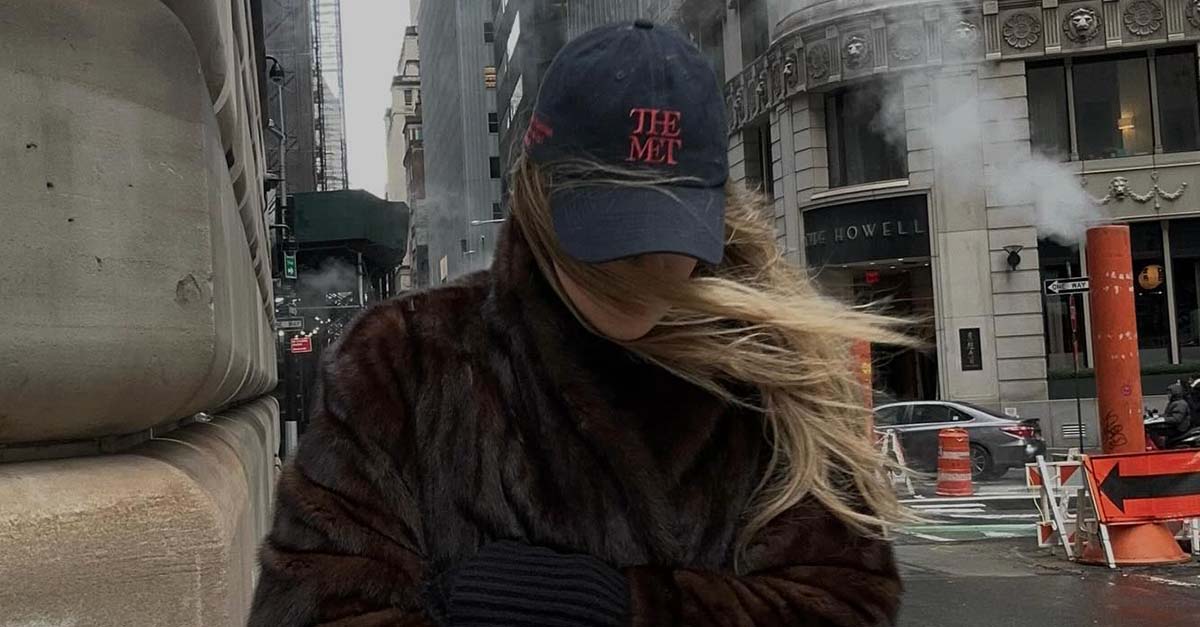
Since hearing about the unfortunate loss of a Black woman HBCU leader, VP of Student Affairs at Lincoln University Dr. Antoinette Candia-Bailey due to suicide, I’ve been trying to grapple with the details of this tragic story, which are so incredibly heavy, infuriating, systemic and more than anything, heartbreaking.
Dr. Candia-Bailey had reportedly been experiencing workplace bullying and harassment in retaliation to her disclosure of her struggling with severe depression and anxiety which was being exacerbated due to her workplace experience at Lincoln University. Even after reaching out to university leadership and her direct superior Dr. John Moseley, who is white, about his alleged abusive behavior and that of other leadership towards her, she did not feel her pleas for help, or for equitable treatment were heard or adequately addressed. This unfortunate progression of events led to Dr. Candia-Bailey sadly taking her own life last week on January 8th.
The astounding details of this horrendous story underline so many things that we as Black women already knew to be true, but also showcase how high the costs have become within these conversations as our lives are literally at stake, and we are losing our sisters.
We are increasingly being reminded that so many of the institutions that we are forced to find our way within, fight for success and visibility in, and navigate no matter the toll it takes on us were not built for us, and are instead created to often stagnate us at best, and at worst diminish our confidence and place us in hostile situations that put our livelihoods, mental health, and without exaggeration as we look at the story of Dr. Candia-Bailey, our lives at risk.
To add insult to injury we often have to watch those with questionable qualifications and proximity be placed in positions that wield power over every aspect of our professional experience, and many times these very forces become the very stewards of our undoing within these institutions. We saw another recent notable example of this with the upsetting outster of Dr. Claudine Gay from her position as the President of Harvard University, a campaign that was forged by white, male billionaire Bill Ackman, who was later forced to admit that his own wife was an arguably more serious offender of the very allegations he accused Dr. Gay of and used as an anchor of his crusade against her removal, a decision Dr. Gay was forced to make for her own well-being after immense pressure, threats and bullying from a variety of sources.
At Lincoln University, Dr. John Moseley is a white man who served as an athletic director of Lincoln University and was then made interim and subsequently the official President of the university in 2022. The cultural representation, knowledge and currency needed to helm and HBCU already being in question here, in addition we know from Dr. Candia-Bailey’s own reported and published emails that she felt deeply unsupported and bullied by Moseley and his administration, leading to public outcry for his removal in the role.
As Chief Content Officer at Essence Ventures it is of the utmost importance to me that we are providing a safe space for Black women to be informed, to breathe, to scream, to emote, and to just be. It is my goal that Essence continue to be a place that provides compassionate and valuable insight like our September 2023 piece that details how to help someone experiencing suicidal ideation. It is also imperative that we cover topics that speak the truth about what Black women are forced to deal with in so many professional spaces in society; like our coverage of the EXHALE app report that stated 40% of Black women have left their jobs because they felt unsafe in their identity, and how Black women can suffer the most when they are on isolated teams with little to no diversity.
As I process the heartbreaking, awful loss of someone like Dr Candia-Bailey, who was failed by the very institution she matriculated through, and seemingly did all of the things that we are told to do when we need help and are suffering and still unfortunately felt she had nowhere else to turn to be unburdened from her pain, I tend to start to think about what I can do individually in these moments when it feels like the weight of what we are forced to endure as Black women feels too heavy to bear.
On top of my role in providing Black women with a place of solace and valuable insight, I am also a leader and mentor of many Black women on my teams, in my networks, and in my community. I feel it is more important than ever to display and build a leadership style that is led by empathy, openness, understanding and grace. In times when it feels like there is much to despair about, I know that even as one Black women leader, I can and must create an environment for other Black women to grow, learn, and thrive with a relationship with their leader that is truly supportive and productive. It is one of my greatest responsibilities that I do not take lightly. I challenge leaders of all backgrounds to hold themselves to task to creating and sustaining this type of environment and trust with their teams. Take that time to send positive feedback, be constructive and helpful when coaching, not abusive or condescending, thank your team for their hard work, send tokens of appreciation during the holidays or even on an ordinary day, congratulate them when they are successful, and help them recover when they make mistakes. I can assure you that none of these methods ever has to be at the price of great work, I’ve nurtured some of the best talent and top performing teams in the business, so this is not coddling; this is simply empathy and showing humanity.
It is undeniable that Black women are under attack in the workplace and beyond, and it is costing us our well-being, our mental health, and for some their lives. I hope many leaders will think of the memory of Dr. Antoinette “Bonnie” Candia-Bailey as we step into our roles everyday, and remember that we have a responsibility to build and execute, but also to protect; it is literally a matter of life and death.








